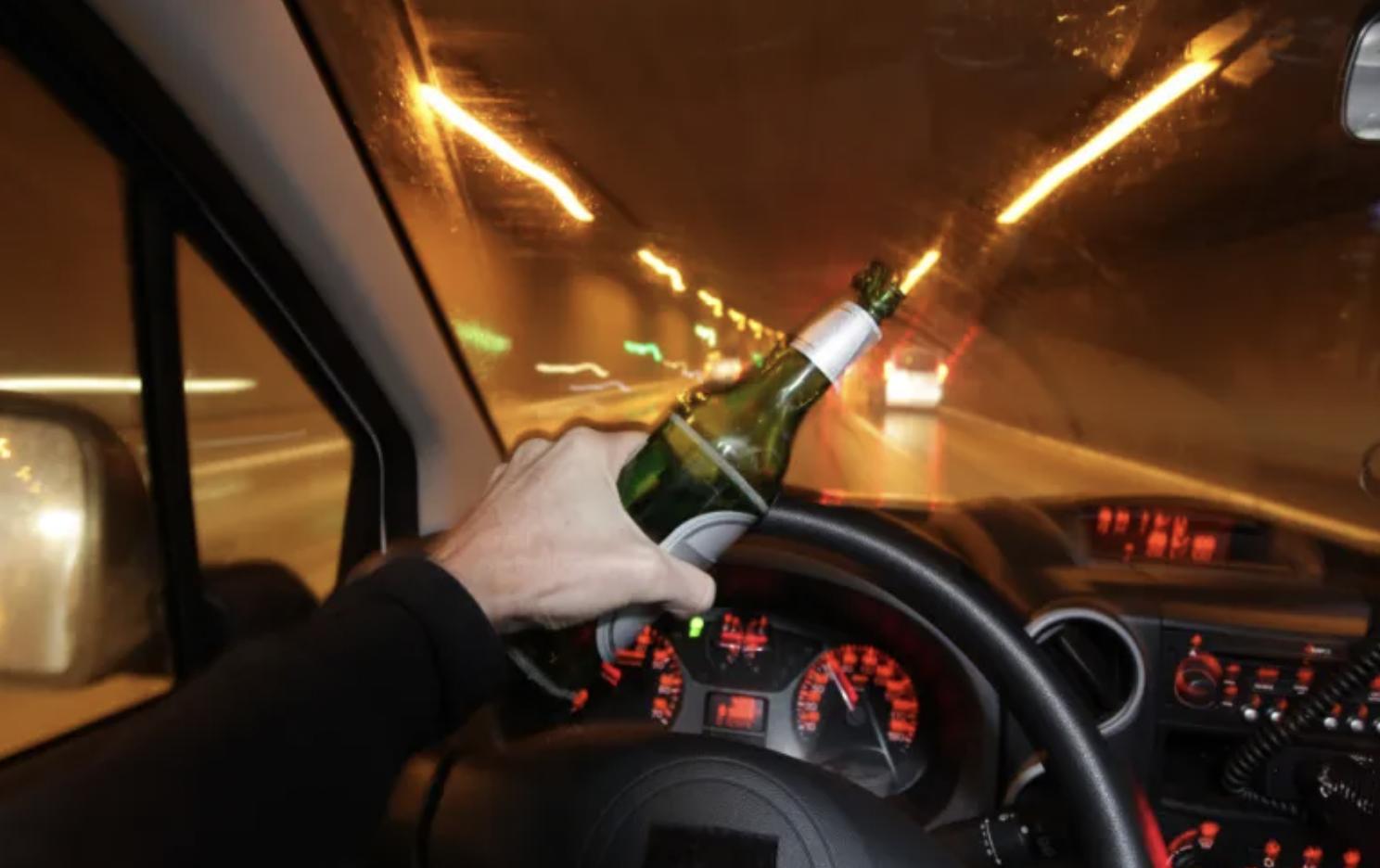- Free Consultation: 888.589.9994 Tap Here To Call Us
What Happens in a Marijuana DUI?

What Happens in a Marijuana DUI?
Marijuana is a controlled substance and its possession is legal in California starting January 1, 2018, under the passage of California Proposition 64, Marijuana Legalization. From that day on, recreational use of marijuana is now legalized under the California law. But what good does the legalization of marijuana in California bring? What really are consequences of such legalization?
Driving under the influence of marijuana is still a crime in the state under the Vehicle Code 23152(f) VC. Like in most states, marijuana DUI in California is illegal. If a person is convicted to be under the influence of a certain substance, it means that the substance is ingested or inhaled by the person. It would also mean that the substance “so far affected the nervous system, the brain, or muscles as to impair to a reasonable degree.” It also means that the substance has greatly affected the driving of the person who took in the substance.
But despite the existence of Marijuana DUI laws around the state, the risk of road accidents is still up for a heated debate. While there are various ways how the police handle marijuana-impaired driving, most courts comprise similar consequences for such offense. The consequences of getting convicted for driving while under the influence of marijuana are license suspension, participation in drug and alcohol awareness program, fines, house arrest, and prison sentence. It must also be noted that DUI sentencing has a broad discretion and that every case varies from one another.
Marijuana DUI Under the California Law
Marijuana DUI laws vary state by state. Some states provide that driving “under the influence” of any amount of marijuana is illegal. “Under the influence” means that a person’s physical or mental abilities are “…so impaired by marijuana that s/he is unable to operate the vehicle like that of a sober person.
Vehicle Code 23152(f) states that it is against the law for a person to drive a vehicle when he or she is under the influence of marijuana or any other drug. This is similar to driving under the influence of alcohol under the Vehicle Code 23152(a) VC. The Vehicle Code recognizes the operation of a vehicle by a person “under the influence” of alcohol as a crime.
Marijuana DUI Testing
Marijuana DUI testing measures the level metabolites found in the body which comprises marijuana substance. These metabolites are compounds that possibly stay in a person’s body for quite some time after drug intake. There could also be instances where one could defend himself from the accusation of such intoxication while driving under the influence of marijuana. One could possibly not be impaired by marijuana intake. Any of the blood, urine or saliva test may have revealed the presence of marijuana in your system but may not be an evidence of impairment. Delta-9-tetrahydrocannabinol (THC) can be discerned for up to 12 hours after ingestion or inhalation. A possibility of flawed blood, urine, or saliva test may also be a viable defense. These tests are not accurate – these tests also have its flaws. Also, these tests do not demonstrate when you inhaled or ingested the drug.
How Will a Prosecutor Prove That Someone Must Be Convicted of Marijuana DUI?
A prosecutor must prove that the person is impaired even if he or she had a relatively high level of marijuana substance in his or her system. By doing so, conducting chemical tests such as blood, urine, or saliva tests are very much essential for the case to smoothly push through. The saliva test allegedly detects the THC level as well as the recentness of marijuana use. There is no “per se” amount of marijuana to be used in establishing the impairment of the physical or mental abilities of a person unlike in alcohol intake. In some states, a prosecutor will not need any further evidence in order to establish or conclude that the driver was under the influence of the drug.
What Do Tests Reveal About Marijuana DUI
Tests for marijuana DUI basically reveal if there is some marijuana substance in your system. However, it cannot be established how much marijuana a person consumed or the manner of intake. There is also no means to measure how much marijuana would take to impair a person and make him or her guilty of driving under the influence of the drug. Chemical tests are not necessary yet it is important for the lawsuit and the decision of the court.
Aside from the chemical tests that must be conducted, evidence of DUI may include one’s driving pattern, the statements to the police and how they uttered the discourse, physical appearance, physicality of the drug in your possessions, and other pieces of evidence which may prove that one is guilty of marijuana intake.
Because of the many ways and methods, the court could utilize, the driver guilty of driving “under the influence” is certainly at a risky place. One might need to seek legal help from a lawyer; however, it is also vital to choose the best one. It is essential for the lawyer to possess a vast experience in such cases. A defense lawyer must need to establish concrete pieces of evidence that the driver was not “under the influence”. A lawyer must also assess the chances of winning the case or be straight to the point on the consequences the driver must face. It also the duty of the lawyer to protect the driver’s rights and privacy. However, it is also the responsibility of the driver to know the consequences and the pressure of facing such case. In the first place, one must be educated to know the aftermaths of marijuana use.
Conclusion
The law will definitely change in the future just like how marijuana was legalized for recreational use in California. Despite its legalization, DUI is still a crime recognized by the law; therefore, the bottom line is that marijuana cause harm to people who uses it. Case rulings and other legal methods will either evolve or change through time. But one thing that will not change is the aftermaths and damages of marijuana use in a person’s system and well-being.
Source:
https://www.shouselaw.com/dui-marijuana.html
http://www.lacriminaldefensepartners.com/9-things-didnt-know-marijuana-dui/


















